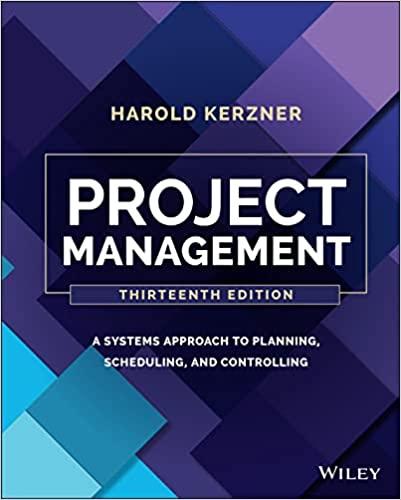Answered step by step
Verified Expert Solution
Question
1 Approved Answer
Help write feedback for comment: Land banking, the practice of large developers acquiring vacant land not for immediate development but to hold and resell at
Help write feedback for comment: Land banking, the practice of large developers acquiring vacant land not for immediate development but to hold and resell at a premium, has become increasingly controversial as land scarcity intensifies in some areas. On one hand, critics argue it artificially restricts land supply, driving up prices and exacerbating housing affordability issues, while also stifling competition from smaller developers and non-profits. They contend that by taking land off the market, even temporarily, land banking reduces available supply, displacing existing residents and businesses unable to afford rising costs. Proponents, however, assert that it is a legitimate business strategy, allowing developers to assemble larger parcels for future projects, manage risk through diversified land holdings, and position themselves for growth opportunities as market conditions evolve. Furthermore, they maintain that developers take on significant carrying costs and risks in holding land long-term. Ultimately, whether land banking benefits or harms the market depends on factors such as local land supply, development regulations, and the motivations of the developers involved. While I personally believe that it can be a legitimate strategy for conducting business, I also believe that tighter regulations may be needed to mitigate potential negative impacts, especially in supply-constrained areas
Step by Step Solution
There are 3 Steps involved in it
Step: 1

Get Instant Access to Expert-Tailored Solutions
See step-by-step solutions with expert insights and AI powered tools for academic success
Step: 2

Step: 3

Ace Your Homework with AI
Get the answers you need in no time with our AI-driven, step-by-step assistance
Get Started


